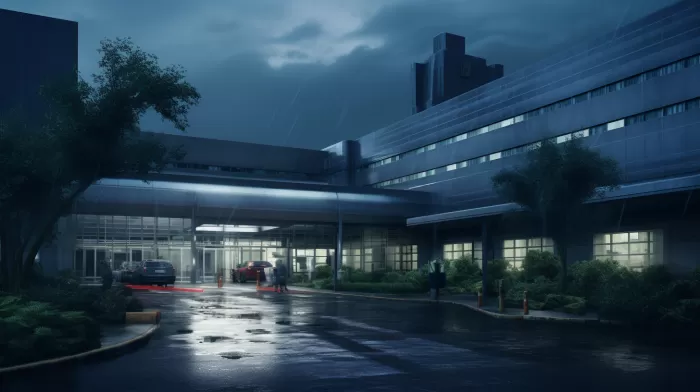A frightening fact has been revealed by a Johns Hopkins review of 38,000 patient records: if you suffer from head trauma, you’re more likely to die from the injuries sustained if you’re hospitalized over the weekend rather than during the week. This statistic holds true even if your injuries are less severe and you have fewer other illnesses than those hospitalized Monday through Friday.
The Weekend Effect
This startling revelation is often called “the weekend effect.” As study leader Eric B. Schneider, Ph.D., an epidemiologist at the Johns Hopkins University School of Medicine’s Center for Surgical Trials and Outcomes Research, puts it: “There isn’t a medical reason for worse results on weekends. It’s more likely a difference in how hospitals operate over the weekend as opposed to during the week, meaning that there may be a real opportunity for hospitals to change how they operate and save lives.”
Each year, approximately 1.4 million Americans experience head trauma requiring a hospital visit, and more than 50,000 lose their lives from the resulting injuries, according to researchers. An estimated 235,000 of these patients need inpatient care.
Factors That Contribute to the Weekend Effect
It’s important to underscore that the weekend effect isn’t due to any inherent differences in the patients or their injuries. Rather, it’s a result of how hospitals operate on weekends compared to during the week. Here are some key factors that contribute to this phenomenon:
- Reduced Staffing: Many hospitals have fewer staff members working on weekends, particularly specialist doctors. This can lead to longer wait times and potentially slower treatment, which may be detrimental to critical conditions such as head trauma.
- Limited Resources: Diagnostic and imaging services, including MRI or CT scans, are often less accessible with extended wait times on weekends. Delays can result in a slower, less accurate diagnosis, thus delaying the proper treatment and potentially causing further harm to the patient.
- Communication Breakdown: With the handover of patients between shifts and various departments, there are more opportunities for miscommunication or vital information not being passed on properly, which can negatively impact patient care.
Steps to Minimize the Weekend Effect
Based on these findings, it’s essential that hospitals take the necessary measures on weekends to close the gap in care compared to weekdays, potentially saving lives in the process. Here are a few steps that can be taken to achieve this:
- Improve Staffing: Hospitals need to ensure that the right staff members, particularly experienced specialists, are available during weekends. While this could mean spending more on human resources, it could ultimately result in better patient outcomes, saving on costly complications and reducing fatalities.
- Reduce Wait Times for Diagnostic Services: Hospitals should aim to provide the same level of access to diagnostic services on weekends as they do during weekdays. This could help identify crucial injuries and start treatment as soon as possible.
- Streamline Communication: Implementing an efficient and effective communication system that ensures vital information is passed on correctly between shifts and departments can help minimize errors and miscommunications that could impact patient care.
What Patients Can Do to Protect Themselves
- Be Aware of the Weekend Effect: Simply knowing about this phenomenon can help you become a more informed patient. If you need to be hospitalized, keep in mind that your care may be impacted if you enter on a weekend.
- Advocate for Yourself: Speak up if you believe that you’re not receiving adequate care or are concerned about delays in treatment. Expressing your concerns to your healthcare providers can prompt them to be more attentive to your needs.
- Seek Treatment at a High-Quality Hospital: If possible, choose a hospital with a reputation for providing high-quality care, even on weekends. Conduct your research and ask around to find the best options in your area.
In conclusion, the weekend effect is a grave issue affecting many hospital patients, particularly those suffering from head trauma. To minimize the risk of complications and fatalities, both medical professionals and patients must take the necessary precautions and make data-driven decisions regarding healthcare during weekends.



